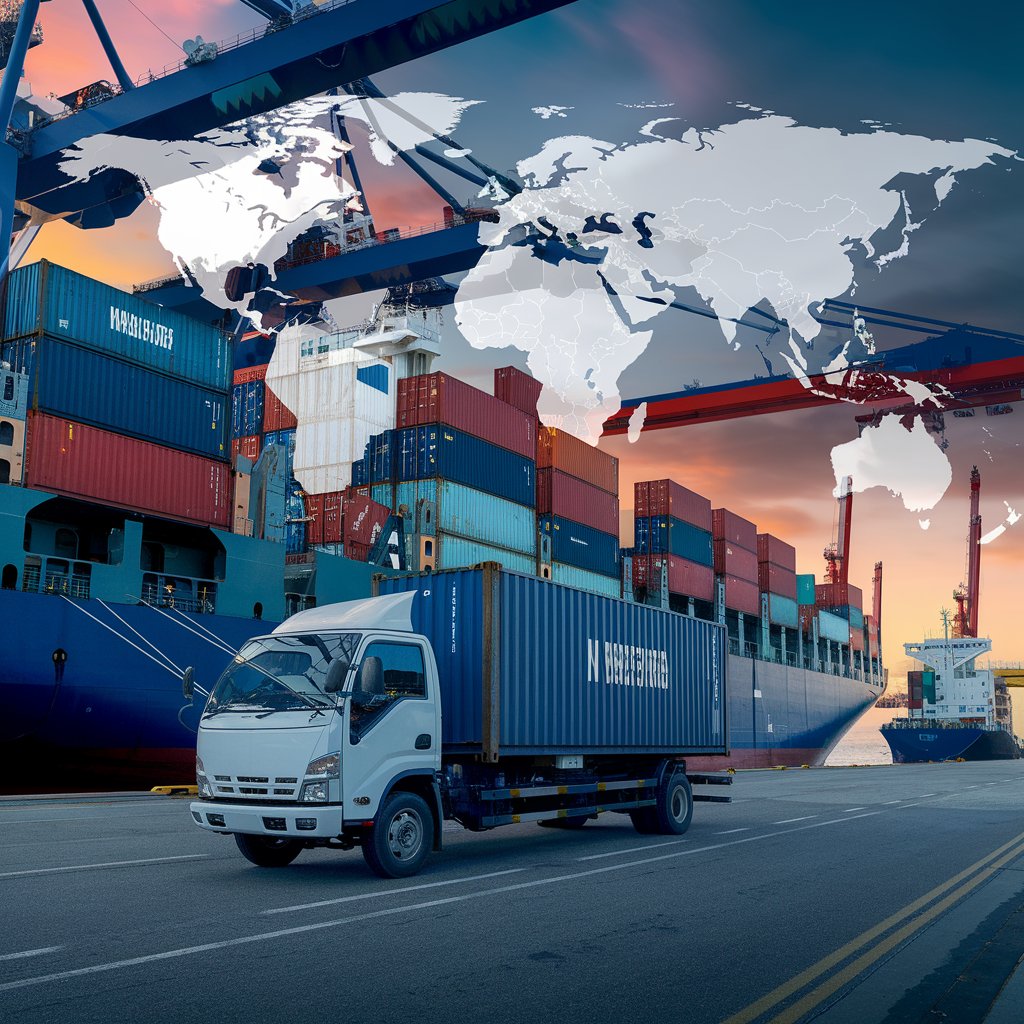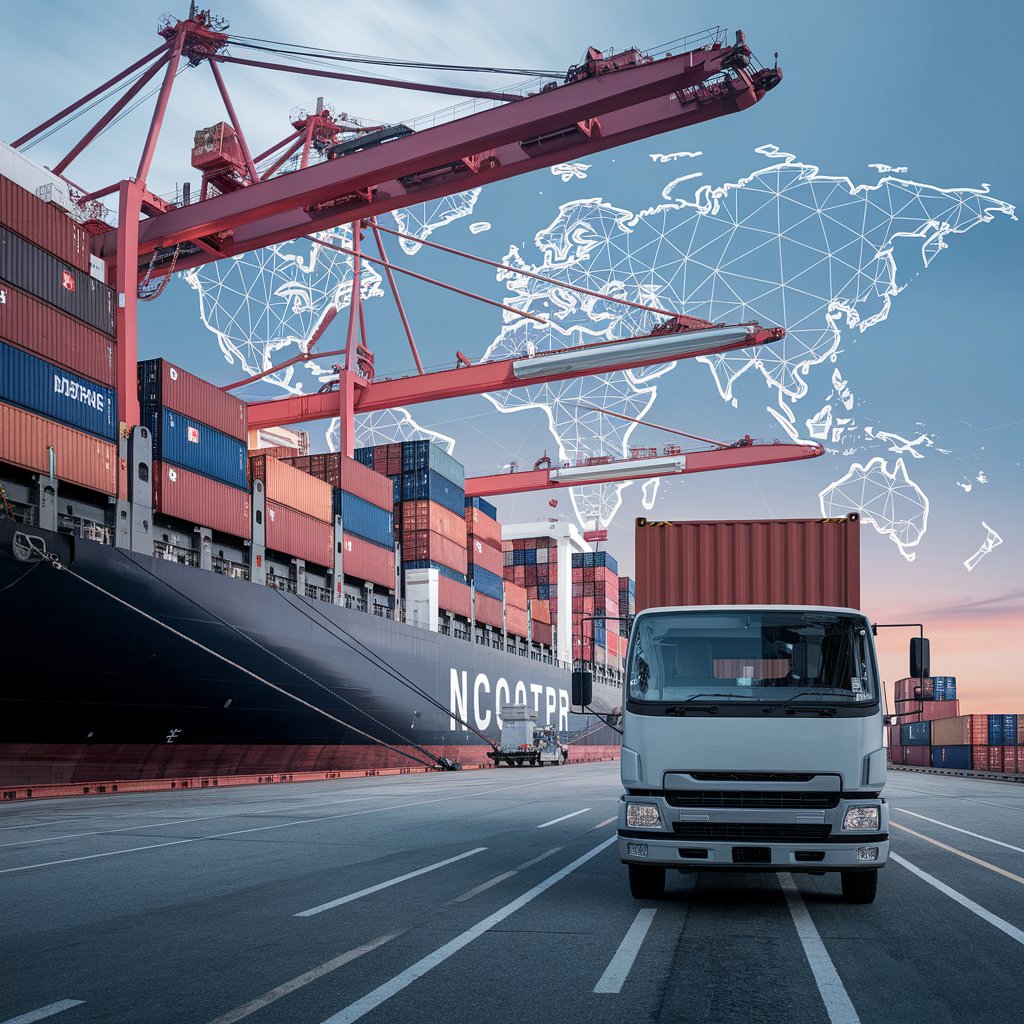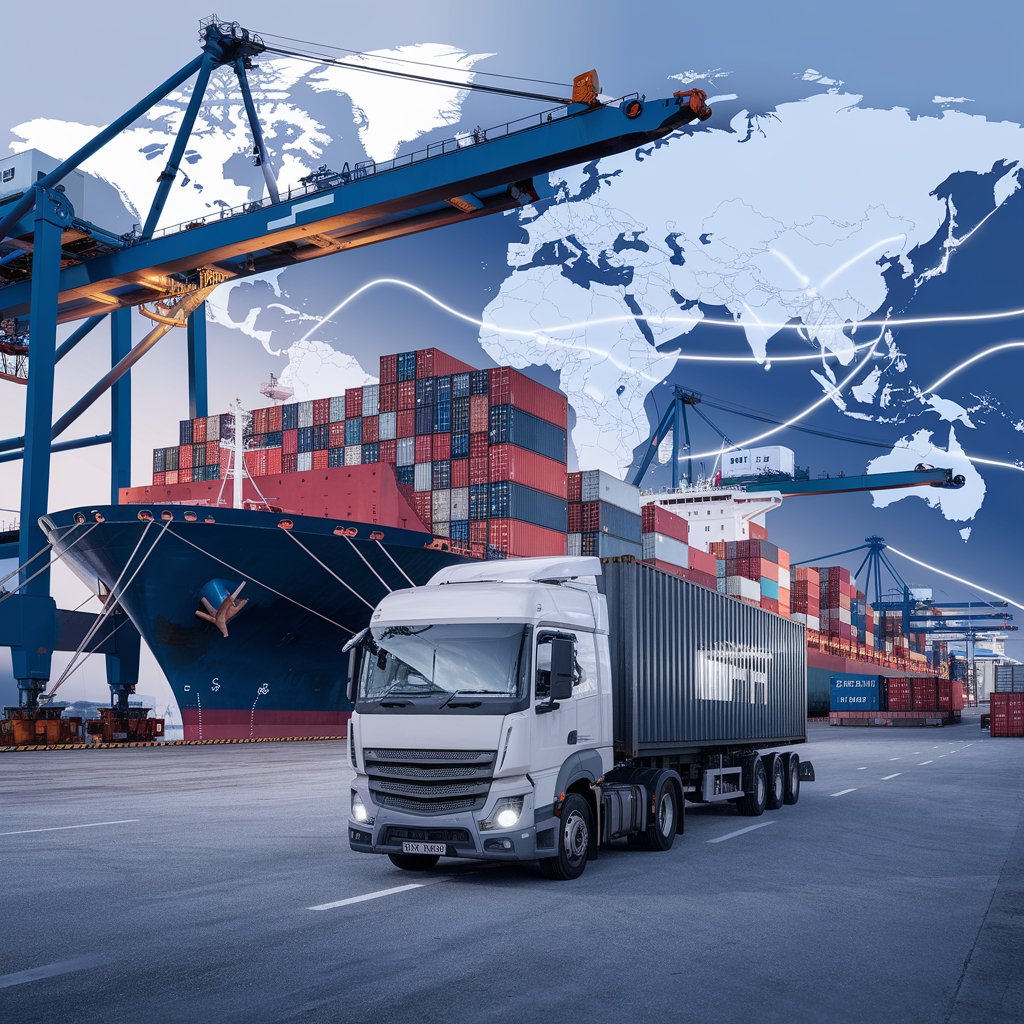Everything You Need to Know About Incoterms DDP
This guide will cover the definition of DDP, its key features, advantages, challenges, and practical applications for businesses.

📜 What Is Incoterms DDP?
Delivered Duty Paid (DDP) is an Incoterm that places full responsibility on the seller for delivering goods to the buyer’s specified location. Under DDP, the seller covers all costs, including:
- Shipping fees 🚢
- Import duties and taxes 💰
- Customs clearance 📑
- Insurance and risk until delivery 🔐
The buyer’s only responsibility is to receive the goods upon delivery, making this term particularly favorable for importers who want a hassle-free transaction.
🔑 Key Features of Incoterms DDP
- Full Seller Responsibility: The seller manages the entire logistics and customs process.
- Cost Transparency: Since the seller covers all expenses, buyers can better estimate total landed costs.
- Risk Transfer at Final Destination: The seller assumes all risks until the goods are delivered to the agreed location.
- Simplifies Import Process: Buyers don’t need to deal with customs clearance or unexpected duty fees.
DDP provides clarity and predictability, making it a preferred Incoterm in certain business transactions.

📊 Advantages of Using DDP
✅ Convenience for Buyers – Buyers avoid dealing with customs, import duties, and transport logistics.
✅ Predictable Costs – The buyer knows the exact price of the goods, including all duties and shipping costs.
✅ Seller Control Over Logistics – The seller can ensure the goods are handled properly throughout the journey.
✅ Faster Transactions – The streamlined process leads to fewer delays in customs clearance.
These benefits make DDP a great option for businesses that prioritize ease of transactions over cost control.
⚠️ Challenges and Risks of DDP
❌ Higher Costs for Sellers – The seller must account for all expenses, including unexpected customs duties.
❌ Complexity in Different Countries – Some nations have complicated import regulations that can cause delays.
❌ Potential Delays – If customs issues arise, the seller is responsible for resolving them, which may lead to shipment delays.
❌ Taxation Risks – Some buyers may prefer to handle their own import taxes to claim deductions.
Businesses must evaluate these challenges to determine whether DDP is the best option for their trade agreements.

🏢 Practical Uses for Businesses
DDP is commonly used in scenarios where:
- Buyers prefer minimal responsibility – Retailers, e-commerce sellers, and businesses that want a simplified import process.
- High-value shipments require secure handling – Electronics, luxury goods, and pharmaceuticals often use DDP to ensure smooth customs clearance.
- Global suppliers manage large-scale distributions – Companies exporting to multiple countries prefer DDP to streamline operations.
- Dropshipping & E-Commerce Businesses – Sellers who provide international shipping services use DDP to attract customers by offering an all-inclusive price.
Selecting DDP can improve customer satisfaction by providing a hassle-free experience.
🚛 How DDP Impacts Logistics and Supply Chain
- 📦 Warehousing: Sellers may need distribution hubs in multiple countries to handle tax requirements efficiently.
- 🚢 Shipping: Requires close coordination with freight carriers to ensure timely and compliant deliveries.
- 📑 Compliance & Customs: Sellers must stay updated on import regulations in different markets to avoid fines and delays.
- 📊 Cost Analysis: Pricing strategies must account for duties, taxes, and administrative fees to maintain profitability.
Understanding these logistical factors helps businesses implement DDP effectively without unnecessary expenses.

🌍 DDP vs. Other Incoterms
Incoterm | Seller Pays Duties? | Seller Handles Shipping? | Risk Transfer |
DDP | ✅ Yes | ✅ Yes | Final Delivery |
DAP (Delivered at Place) | ❌ No | ✅ Yes | Final Delivery |
EXW (Ex Works) | ❌ No | ❌ No | Seller’s Premises |
CIF (Cost, Insurance & Freight) | ❌ No | ✅ Yes | Port of Destination |
DDP is ideal for buyers who prefer a fully managed shipping experience, while other Incoterms may be better suited for businesses that want control over specific aspects of the shipping process.
🚀 Future Trends in DDP and Global Trade
- 📦 Increased Use in E-Commerce: More online businesses are adopting DDP to provide all-inclusive pricing for international customers.
- 📑 Digital Customs Processing: Automation and AI are reducing customs delays, making DDP transactions smoother.
- ♻️ Sustainability Considerations: New regulations may require companies to account for environmental taxes in DDP pricing.
- 🌐 Blockchain in Logistics: Secure and transparent transactions using blockchain will help manage duty payments more efficiently.
Staying informed on these trends will help businesses optimize their international trade strategies.
✅ Conclusion
Incoterms DDP is a powerful tool for simplifying global trade, particularly for buyers who want a seamless import experience. However, it requires sellers to manage complex logistics, customs clearance, and additional costs. Understanding its benefits, challenges, and practical applications can help businesses make informed decisions when structuring international transactions.
Whether you’re a retailer, manufacturer, or logistics provider, incorporating DDP effectively into your operations can enhance efficiency and customer satisfaction. 🌎🚢📦
